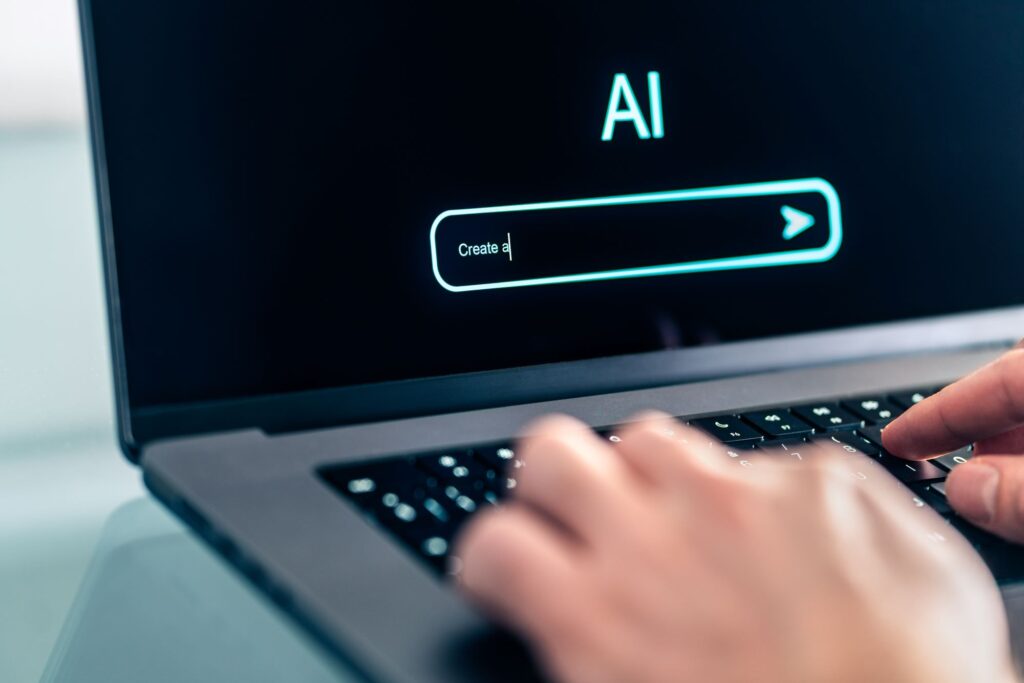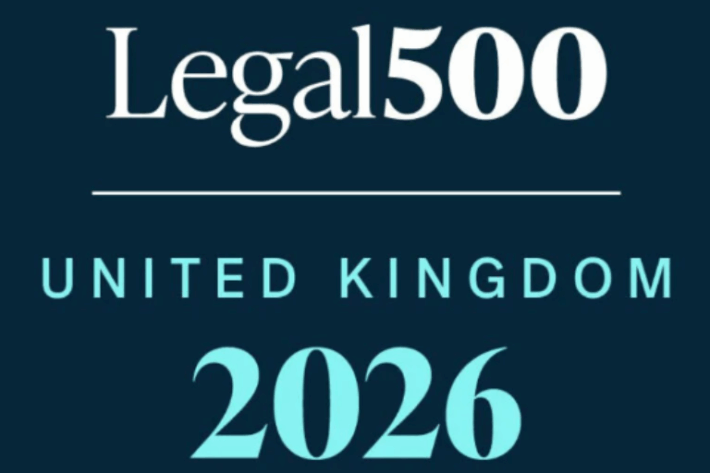UK Supreme Court Reaffirms AI-Generated Inventions Not Patentable

In Thaler v Comptroller-General of Patents, Designs and Trade Marks, the UK Supreme Court has reaffirmed previous rulings by dismissing Dr. Thaler’s appeal, emphasising that inventions solely created by artificial intelligence (AI) do not qualify for patent protection. This decision aligns with other international jurisdictions and underscores the current constraints of UK patent law amidst the rapid technological advancements in AI.
Key Provisions of the UK Patents Act 1977
Section 7 – This section allows any person to apply for a UK patent but restricts the entitled owners of a patent to the inventor(s), those entitled to the invention at the time it was devised by law or agreement, or their successors.
Section 13 – This section mandates that the inventor(s) must be identified by the applicant within 16 months from the application filing date.
Case Background
In 2018, Dr. Stephen Thaler submitted two patent applications for a food container and a search and rescue beacon, claiming an AI named DABUS as the inventor. Dr. Thaler argued he acquired the rights to the inventions through his ownership of DABUS.
The UK Intellectual Property Office (IPO) rejected the applications, stating that an AI could not be recognised as an inventor under Sections 7 and 13 of the Patents Act. Dr. Thaler’s subsequent appeals to the High Court and the Court of Appeal were also unsuccessful. The courts consistently interpreted “inventor” as a human who devises the invention, not a machine.
Supreme Court Decision
The Supreme Court examined three main issues:
1. The definition of “inventor” under the Patents Act.
2. Whether Dr. Thaler could claim ownership of the inventions created by DABUS.
3. Whether the Hearing Officer was justified in considering Dr. Thaler’s applications as withdrawn.
The Court confirmed that an “inventor” must be a natural person, interpreting “deviser” to mean a person who creates a new and non-obvious product or process. Consequently, DABUS could not be considered an inventor. Dr. Thaler’s ownership of DABUS did not entitle him to the patents, as the doctrine of accession (ownership of tangible property produced by existing property) was deemed inapplicable to inventions, which are not tangible property. Thus, the Supreme Court upheld the refusal of the patent applications.
Implications of the Decision
Dr. Thaler’s attempts to secure patents for AI-generated inventions have also been rejected in other jurisdictions, including the US, Europe, Australia, Canada, and Germany. The UK Supreme Court’s decision reinforces the current legal stance that inventions must have human inventors to be patentable. While human involvement in AI-generated inventions is typical now, future advancements might challenge this standard, potentially leading to legislative changes. The courts have acknowledged the policy issues related to AI advancements, with Elisabeth Lang LJ noting that legislative amendments would be necessary to grant patents for machine-made inventions. Thus, significant legislative reform could be forthcoming, though it will involve balancing diverse interests in the evolving AI landscape.




